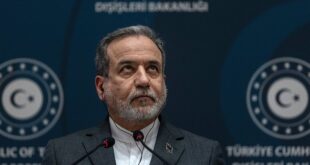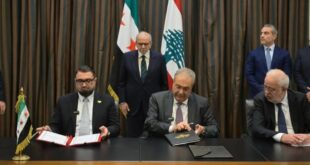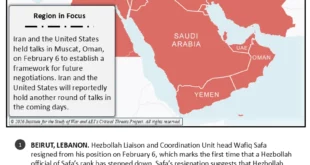In a new year message to leaders of BRICS – Brazil, India, China and South Africa – President Vladimir Putin has called for a stronger unity among the group’s members, strengthen political dialogue and forge common approach to emerging challenging global problems especially issues relating economic stability and security.
In his message to President of the Republic of Brazil Jair Bolsonaro, Putin stressed that the strategic partnership between Moscow and Brasilia in the outgoing year was quite successful. He expressed hope for continued constructive dialogue and joint activities bilaterally and within BRICS, the G20, the UN and other multilateral associations and organizations.
Moscow, together with other four members, has made appreciable efforts in developing the BRICS. It always intends to work effectively for the sake of enhancing the organization’s authority and promoting common approaches to pressing problems on the international agenda.
In the messages of greetings addressed to the leaders of the Republic of India, President Ram Nath Kovind and Prime Minister Narendra Modi, the Russian leader noted the high level of Russia-India relations of special privileged strategic partnership, as fully demonstrated by the results of recent talks held in New Delhi.
“The implementation of the agreements reached will help further expand productive Russia-India cooperation in various areas,” Putin noted.
He further expressed hope that in the coming year, the two countries would continue their constructive dialogue both via bilateral ties and within BRICS, the SCO, the G20, the UN and other multilateral organizations. These would benefit the friendly peoples of both Russia and India and in the interests of enhancing security and stability in Eurasia and across the world.
In his message of greetings to President of the People’s Republic of China Xi Jinping on the occasion of the New Year and the upcoming Spring Festival, Putin noted that 2021 marked the 20th anniversary of the signing of the Russian-Chinese Treaty on Good-Neighborliness and Friendly Cooperation, which is a solid basis underlying bilateral relations.
Despite the pandemic-related challenges, the Russian leader noted that Russia and China’s interaction was exceedingly productive. “A dynamic political dialogue continued at all levels, trade was up at an all-time high, and cross years of Scientific, Technological and Innovative Cooperation led to good practical results,” the message says.
The effective coordination of efforts in addressing key items on the regional and international agenda was noted in the message, and confidence was expressed that the two countries would be able to expand the entire range of bilateral ties, and a new joint project between the two countries – the Year of Cooperation in Physical Fitness and Sports – would be implemented in full.
“I have no doubt that our Chinese friends will make sure that the Winter Olympic Games are a success. I look forward to our meeting at the opening ceremony of this sports festival,” according to his message of greetings.
Russia and South Africa, in particular, have been attempting to scale up their bilateral relations. “I hope that in 2022 we will continue to work closely to strengthen the multifaceted interaction between Russia and South Africa – both bilaterally and within BRICS, the G20, the UN and other multilateral organizations. This fully meets the interests of our peoples and helps strengthen international stability and security,” Putin wrote in his message to the President of the Republic of South Africa Cyril Ramaphosa.
The BRICS member countries (Brazil, Russia, India, China and South Africa) collectively represent about 26% of the world’s geographic area and are home to 3.6 billion people, about 42% of the world’s population. The five commands a combined nominal Gross Domestic Product (GDP) of US$16.6 trillion.
 Eurasia Press & News
Eurasia Press & News



